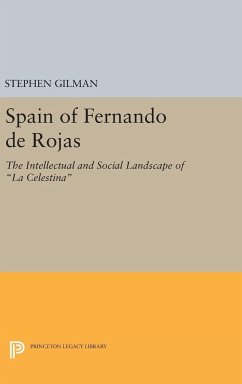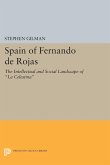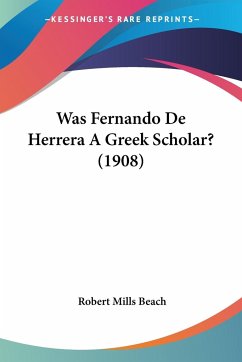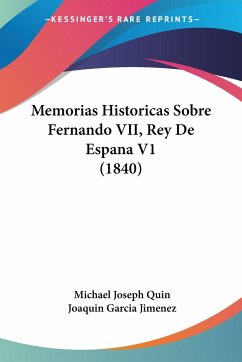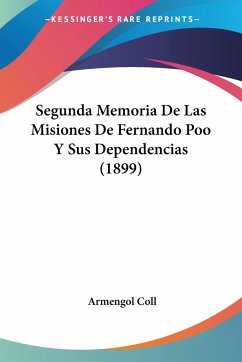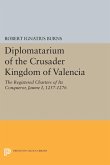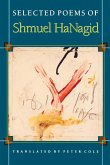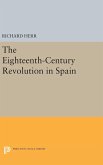As a major piece of historical detective work. Stephen Gilman's "La Celestina" and the Spain of Fernando de Rojas adds a new dimension to critical studies of the fifteenth-century masterpiece. Using the text of La Celestina as well as public and private archives in Spain, Mr. Oilman builds up a vivid sense of the man behind the dialogue and establishes Fernando de Rojas indisputably as its author-a figure whom critics, while ranking his novel second only to Don Quixote, have treated as semi-anonymous or non-existent. We cannot really know what the Celestina is, says Mr. Oilman, without speculating as rigorously and as learnedly as possible both on how it came to be and on how it could come to be. Thus he reconstructs the world of Rojas, country lawyer and converso, the social, religious, and intellectual milieu of Salamanca, of Spain during the Inquisition, of the converted Jew. He makes it possible for us to see the author-the law student writing feverishly during a fortnight's vacation from classes-in the context of his own times and thus to understand Rojas' achievement: his unconventionality; his sardonic judgment of the Spain in which he lived; the explosive originality, in fact, of La Celestina. Originally published in 1972. The Princeton Legacy Library uses the latest print-on-demand technology to again make available previously out-of-print books from the distinguished backlist of Princeton University Press. These editions preserve the original texts of these important books while presenting them in durable paperback and hardcover editions. The goal of the Princeton Legacy Library is to vastly increase access to the rich scholarly heritage found in the thousands of books published by Princeton University Press since its founding in 1905.
Hinweis: Dieser Artikel kann nur an eine deutsche Lieferadresse ausgeliefert werden.
Hinweis: Dieser Artikel kann nur an eine deutsche Lieferadresse ausgeliefert werden.

